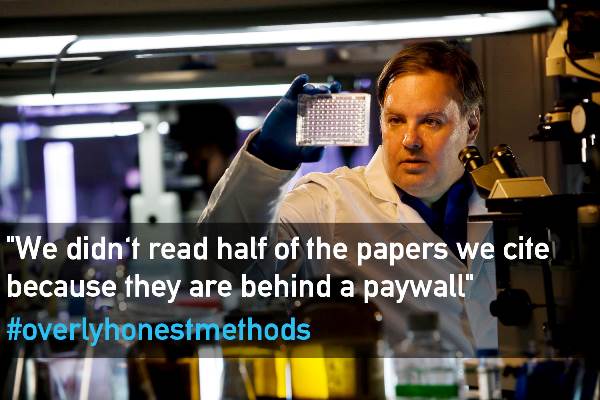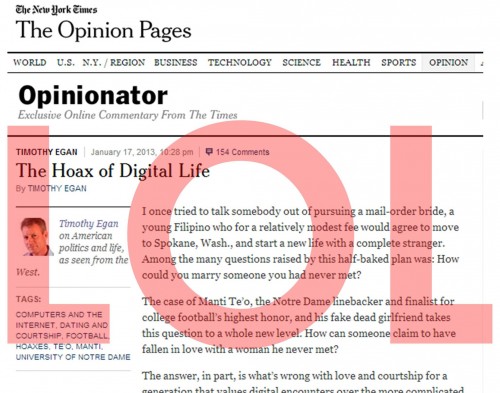
Once upon a time in Winchester, VA, a nurse and a psychologist wondered what to name their second child (a newborn boy). This little boy would one day grow up to be a famous politician, so it was important to give him a good name. Eventually they settled on Richard (which means “powerful leader”) for a first name, and John (which means “God is gracious”) for a middle name; they gave him his father’s last name, because that was the custom at the time. Yet today, when someone says “Santorum,” do you first think of the former U.S. Senator? Or do you maybe think of columnist and gay rights activist Dan Savage?
Much to the former Senator’s likely chagrin, “santorum” is an excellent example of how words (and objects) that were not originally intended or designed to be “political” can take on new meanings–as well as new politics–once out in the world. more...







